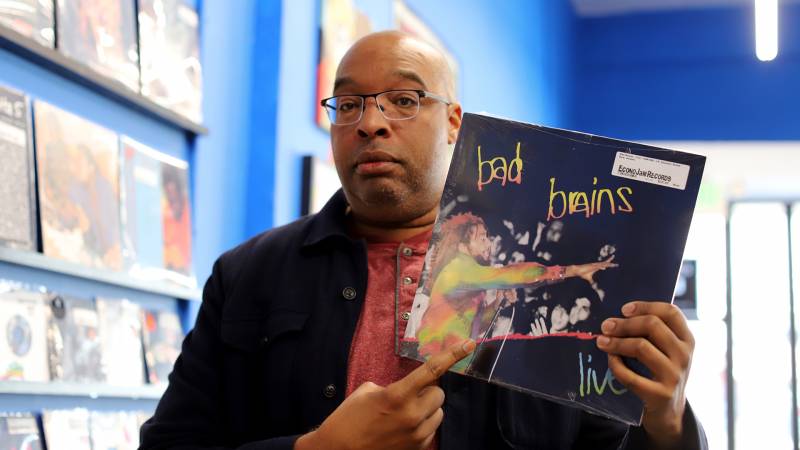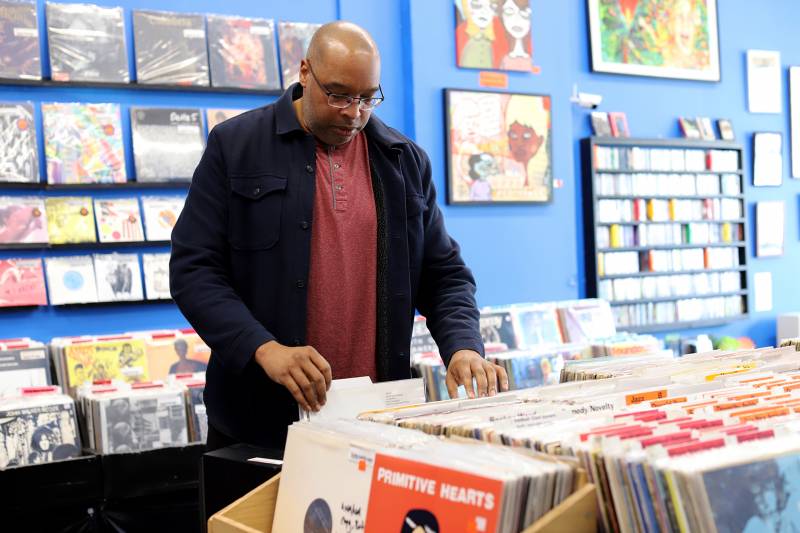Before David Guetta and Tiesto became some of the world’s most famous electronic music producers, Frankie Knuckles and Derrick May perfected the art of club beats in Chicago and Detroit. Led Zeppelin took some of their best-known lyrics directly from a nearly forgotten Mississippi bluesman named Robert Johnson. And even though Elvis Presley got all the credit for being the King of Rock ‘n’ Roll, it was Big Mama Thornton who first performed “Hound Dog,” and Otis Blackwell who wrote several of his other big hits.
If you haven’t picked up on the pattern here, it’s that, throughout popular music history, white artists have become the faces—and highest earners—of genres with overlooked, underpaid black originators. San Francisco native Mark Montgomery French wants to correct the record with his lecture, “All Your Favorite Music is (Probably) Black,” which he brings to the Alameda Free Library on Feb. 1 and the San Lorenzo Library on Feb. 23.
French, a composer, writer and speaker, was a young musician when he realized that black artists’ outsized contributions to rock and other genres were often relegated to footnotes in the history of music. He got his start in the prog-funk band Endangered Species in the ’90s, and remembers awkward conversations with venue staff who were often incredulous at the idea of a black-led rock band. French would often have to explain that, no, they weren’t playing blues or reggae even though the lead singer had dreads.
“After a while it was like, would you ask any white guys this?” he recalls in a recent interview. “And San Francisco is accepting compared to the rest of the nation.”
French’s research led him to realize that the erasure of black people from rock ‘n’ roll history wasn’t accidental, but a deliberate and systemic process. Since the rise of the recording industry, which began during segregation, labels sidelined black artists while promoting white ones who borrowed their sounds and aesthetics. In “All Your Favorite Music is (Probably) Black,” he points out that in 1986, when the Rock & Roll Hall of Fame debuted, 60% of inductees were African American—and included pioneers of the genre such as Chuck Berry, Fats Domino, Ray Charles and Little Richard. In contrast, only one of 2019’s inductees was black: Janet Jackson.



